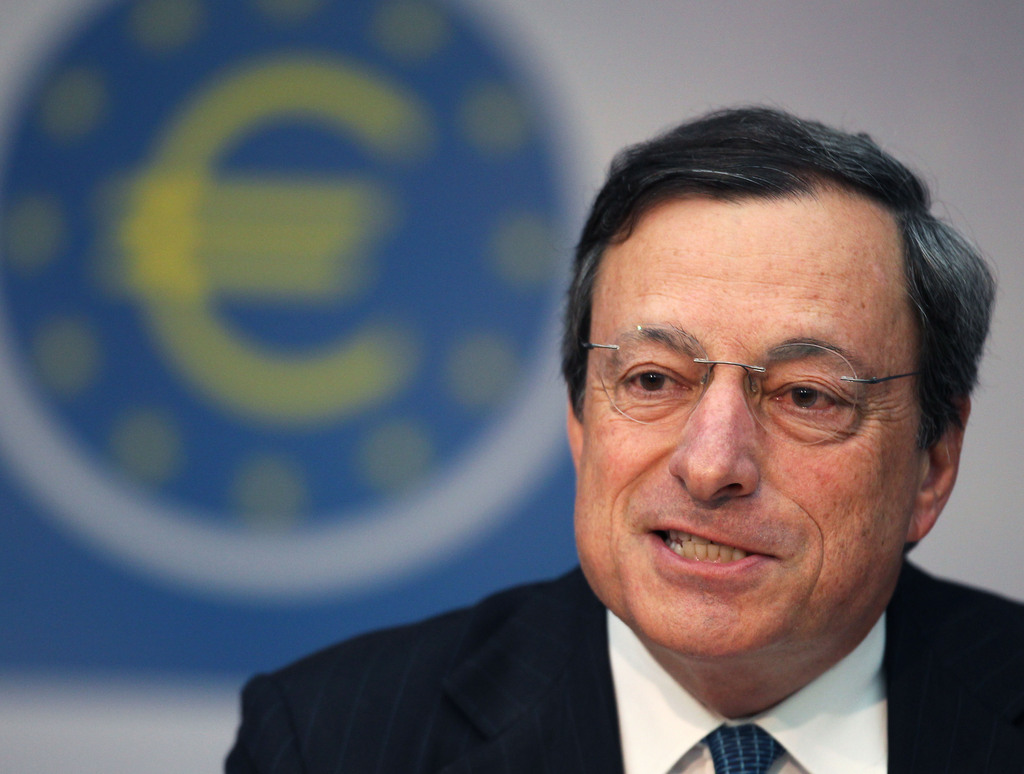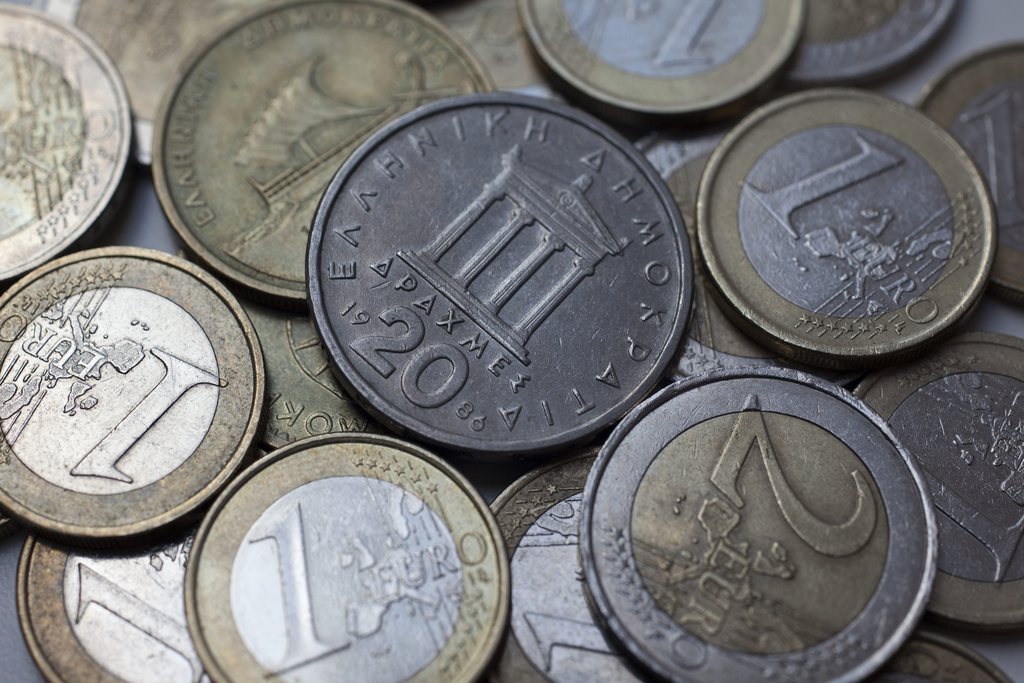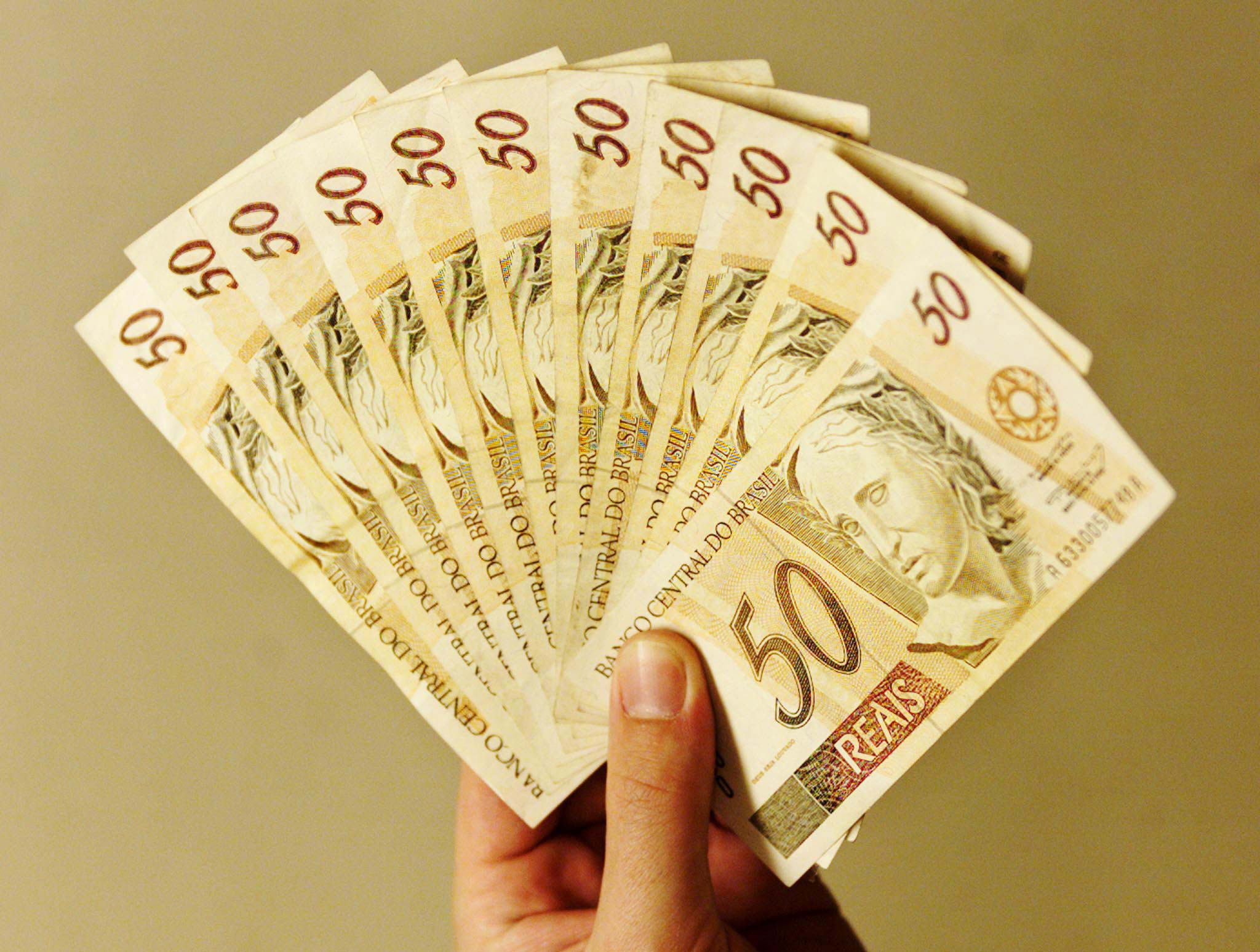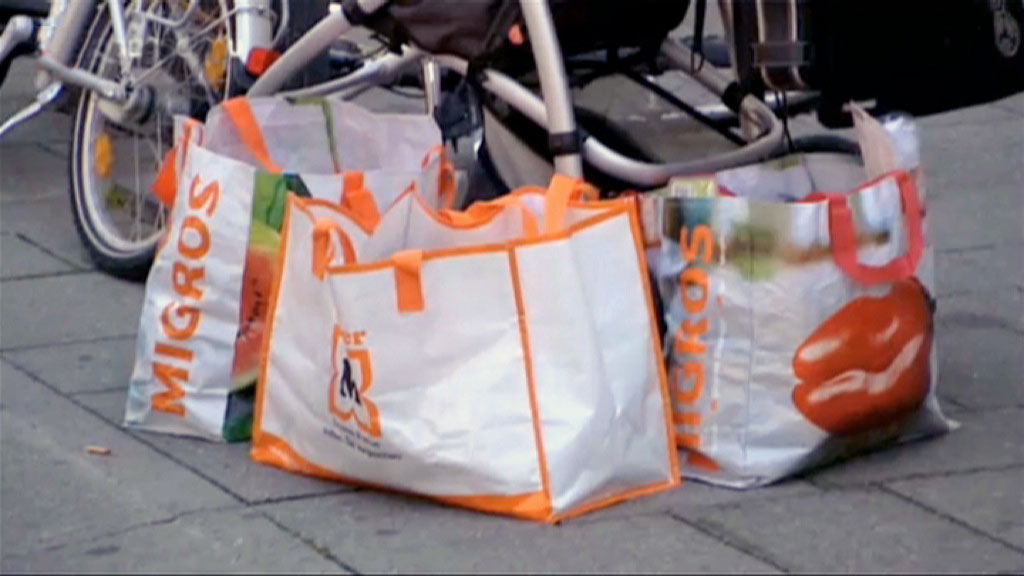Most press see German ruling as positive

The €700 billion European Stability Mechanism (ESM) was given the go-ahead by Germany’s highest court on Wednesday, paving the way for Germany to ratify the creation of the rescue fund. Reaction in the Swiss press ranged from glowing to slightly sarcastic.
Of the 17 eurozone countries, Germany is the only country other than Estonia that has not ratified the ESM, which many see as crucial to avoiding a breakup of the eurozone. German Finance Minister Wolfgang Schaeuble said he expected that the €700 billion (SFr847 billion) ESM fund to be up and running in a matter of weeks, now that the ruling has been handed down.
“Everyone feels like a winner” was the headline of one article in the German-language newspaper Tages-Anzeiger, with a second article titled “Worth waiting for”. The decision made by the German high court in Karlsruhe pleased supporters as well as opponents of the rescue fund, the paper said.
The newspaper described the decision as very welcome.
“The relief in the room was palpable. With their ‘yes, but’ vote in favour of a permanent European Stability Mechanism (ESM), it was as if fears of doomsday scenarios leading to the collapse of the eurozone were swept away.”
However, the path is not certain, according to an editorial in the Geneva-based newspaper Le Temps.
“It remains to be seen where the European Union wants to go, and whether it will learn from its past mistakes,” the paper said. “It is now up to the European directors to convince their fellow countrymen to adhere.”
The Basler Zeitung also saw the court’s decision to allow the country to ratify Europe’s new bailout fund as positive.
“It was a good and important decision” and “the victory belongs to everyone” said an editorial in the German-language paper. “The costs of turning back would be immeasurably higher than the costs of rescuing the euro.”
The concerns of the roughly 37,000 plaintiffs in the case, who argued that the ESM would give Brussels too much power over German affairs, were rejected by the German high court as “largely unfounded”.
However, the court did set two main conditions for the ESM going forward: Germany’s liability in the fund cannot exceed €190 billion, and both chambers of German parliament have the right to be kept up-to-date on the fund’s activities.
Spain and Italy’s governments welcomed the court ruling as “excellent news” and German Chancellor Angela Merkel was able to claim a key victory in her management of the ongoing eurozone economic crisis.
Negative views
But the Basler Zeitung also pointed out that there are still differences in the goals of the politicians involved in three-year-old European Union debt crisis.
Manuel Barroso, President of the EU Commission, presented a vision of a federation of national states at his annual address in Strasbourg on Wednesday morning. Later on in Germany, Merkel spoke of promoting business and economic unions, but said nothing about a political union.
“High time that Europe’s powers agree on a common approach,” the Basler Zeitung commented.
The newspaper Neue Zürcher Zeitung had quite a negative take on the decision. The recent judgment “will scarcely lead in a new direction”, commented an editorial.
“It appears as if the majority of politicians are on a sort of one-way street where it is not possible to turn or even to stand still.”
Already with the decision to move to the euro in 1998, German politicians showed that they “place greater weight on their goals than on the economic risks for citizens”, said the paper. “Above all, it is the current and future Germans citizens and taxpayers who will be saddled with the large risks and future obligations.”
View of the SNB
Also on Thursday, chairman of the Swiss National Bank Thomas Jordan said the decision by the German court, coupled with moves by the European Central Bank (ECB) to buy government bonds, suggest the eurozone crisis is easing, helping take some pressure off the safe-haven franc.
“If the European Central Bank and European governments correctly implement these instruments, then we can expect it will help to ease the situation and help the policy of the national bank,” Jordan said.
After its quarterly meeting on policy, the SNB reiterated its determination to defend a SFr1.20 per euro minimum exchange rate and take further measures if necessary to stop the franc rising to protect the economy.
“We don’t give any information on interventions but if you look at the exchange rate you can see that the pressure is less than it was,” he said.

In compliance with the JTI standards
More: SWI swissinfo.ch certified by the Journalism Trust Initiative







You can find an overview of ongoing debates with our journalists here . Please join us!
If you want to start a conversation about a topic raised in this article or want to report factual errors, email us at english@swissinfo.ch.